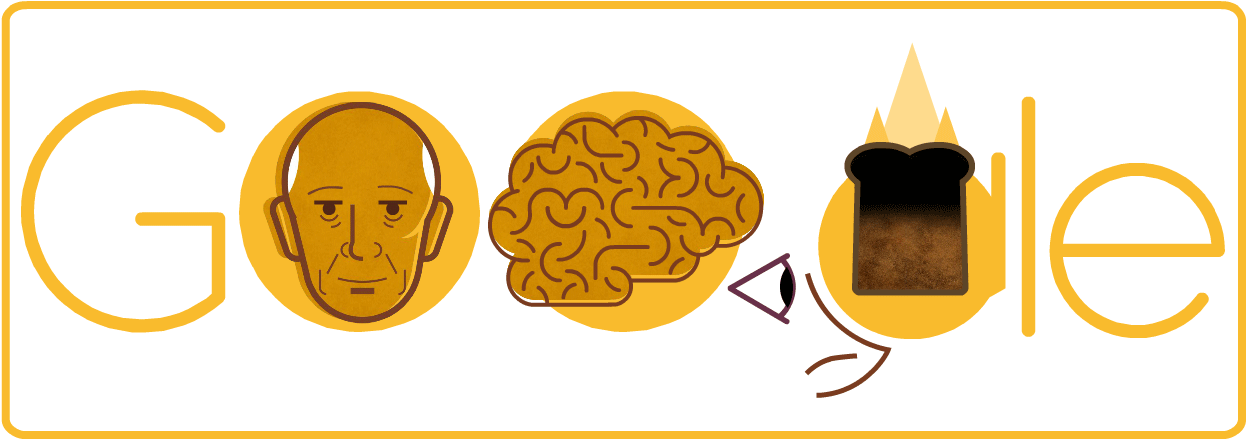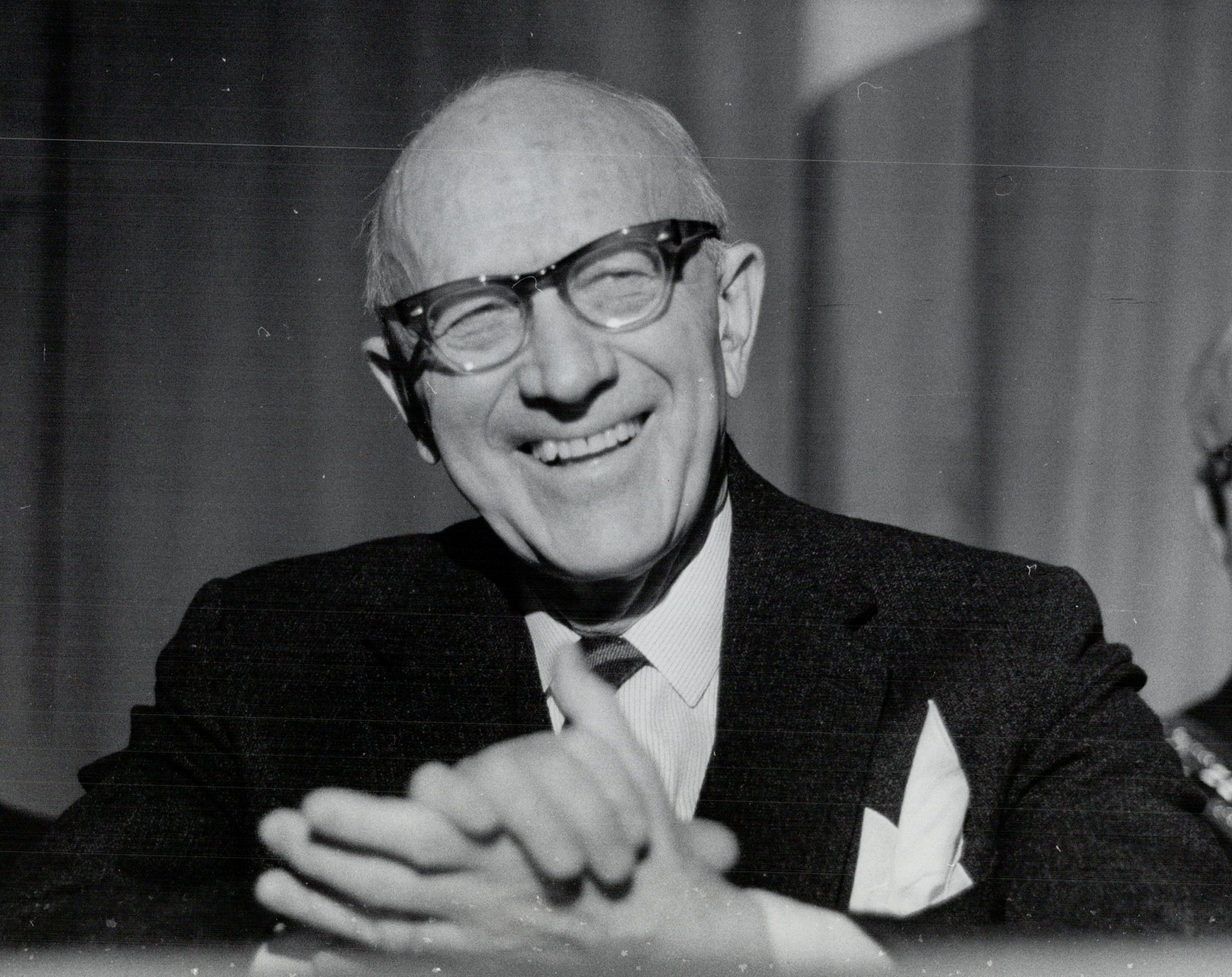
Friday’s Google Doodle celebrates the birthday of Wilder Penfield, a scientist and physician whose groundbreaking contributions to neuroscience earned him the designation “the greatest living Canadian.” Penfield would have turned 127 today.
Later celebrated as a pioneering researcher and a humane clinical practitioner, Penfield pursued medicine at Princeton University, believing it to be “the best way to make the world a better place in which to live.” He was drawn to the field of brain surgery, studying neuropathy as a Rhodes scholar at Oxford University.
In 1928, Penfield was recruited by McGill University in Montreal, where he also practiced at Royal Victoria Hospital as the city’s first neurosurgeon. Penfield founded the Montreal Neurological Institute with support from the Rockefeller Foundation in 1934, the same year he became a Canadian citizen.
Penfield pioneered a treatment for epilepsy that allowed patients to remain fully conscious while a surgeon used electric probes to pinpoint areas of the brain responsible for setting off seizures. The experimental method became known as the Montreal Procedure, and was widely adopted. But Wilder Penfield’s research led him to another discovery: that physical areas of the brain were associated with different duties, such as speech or movement, and stimulating them could generate specific reactions — including, famously, conjuring a memory of the smell of burnt toast. Friday’s animated Google Doodle features an illustrated brain and burning toast.
Penfield’s groundbreaking research revolutionized the study of neuroscience, allowing scientists to map areas of the brain, including the cortical homunculus, connected to critical motor functions, as well as to better understand the process behind sensory experiences like memory and hallucinations.

In his later life, Penfield became an author and education advocate, and he was elected to the American Academy of Arts and Sciences in 1950. A decade later, he was awarded the prestigious Lister Medal by the Royal College of Surgeons of England, and in 1994, he was inducted into Canada’s Medical Hall of Fame. Penfield died of abdominal cancer in 1976, but his contributions to our understanding of the brain are commemorated in street names and academic institutions, as well as in science fiction. In Philip K. Dick’s novel Do Androids Dream of Electric Sheep?, characters use the “Penfield Mood Organ” to call up emotions on-demand.
More Must-Reads from TIME
- Cybersecurity Experts Are Sounding the Alarm on DOGE
- Meet the 2025 Women of the Year
- The Harsh Truth About Disability Inclusion
- Why Do More Young Adults Have Cancer?
- Colman Domingo Leads With Radical Love
- How to Get Better at Doing Things Alone
- Michelle Zauner Stares Down the Darkness
Write to Eli Meixler at eli.meixler@time.com